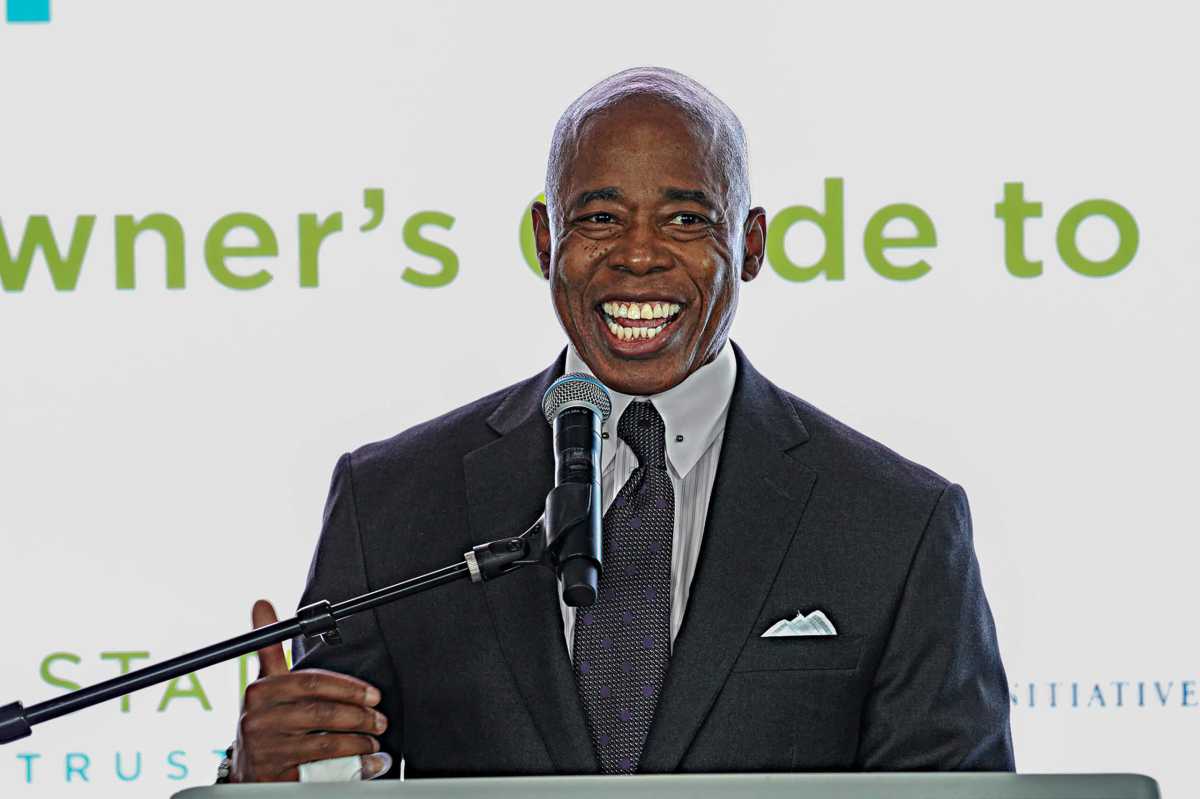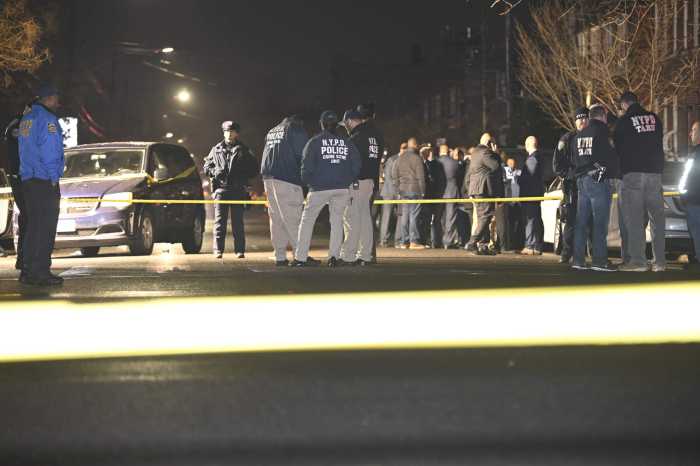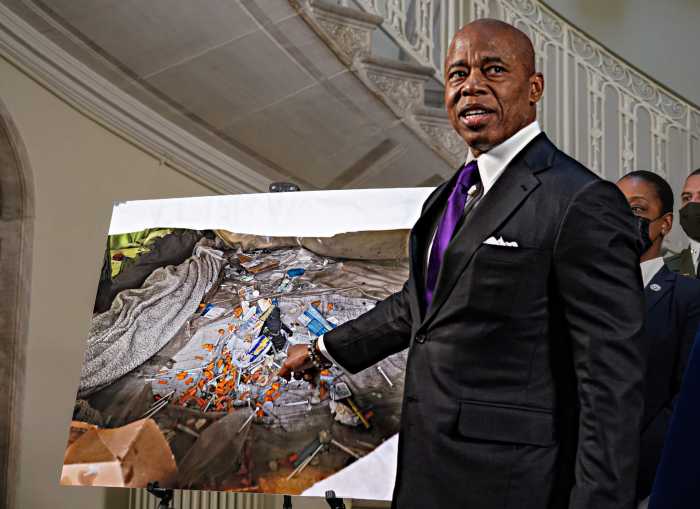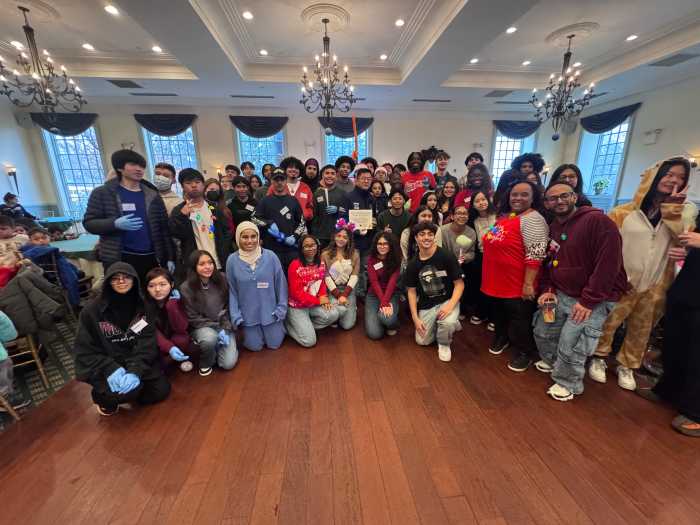New York City Mayor Adams and Schools Chancellor David C. Banks announced plans for a new approach to educating and supporting students with dyslexia.
The plans will be the largest and most comprehensive approach to aiding students struggling with dyslexia – a learning disability that causes difficulty reading letters and numbers – in the country.
“As a student, I struggled with identifying my dyslexia until long after leaving the public school system. Today, we are announcing the most comprehensive approach to supporting dyslexic students in New York City to prevent students from experiencing that disadvantage,” said Mayor Adams. “By changing the way we approach dyslexia, we can unlock the untapped potential in students who may feel insecure about their dyslexia or any other language-based learning disabilities they may have.”
For the very first time, all New York City public school students will be assessed for dyslexia, be supported by their schools and receive specialized instruction through the development of new or existing special programs and academies.
“Early screening ensures that every child who needs support will get the help and resources they need,” said Chancellor Banks. “These screeners are emblematic of this administration’s commitment to uplifting all of our students and making sure they are well equipped to succeed.”
Beginning in fall 2022, the Department of Education (DOE) will pilot two first-of-their-kind programs within NYC schools, where 80 elementary schools and 80 middle schools across the city will participate in adaptive literacy screenings as a part of this pilot.
“Every student deserves the resources and support needed to thrive in our schools,” said Deputy Mayor for Strategic Initiatives Sheena Wright. “From universal screenings to first-of-its-kind pilots, New York City is leading the way in building a more equitable school system and committing to a comprehensive investment in dyslexic students.”
By offering free screenings across the city, Mayor Adams and Chancellor Banks will be bridging a gap to help families and their children who may not have previously had access to such comprehensive testing or help when it comes to ensuring that their students have the tools they need to succeed in school.
By April of 2023, all teachers in grades K-12 will participate in Made by Dyslexia’s two hour introductory instruction training and will receive additional job-embedded literacy support from trained coaches across all grade levels.
Additionally, the DOE will be rolling out a Dyslexia Task Force that will develop a policy paper on NYC’s schools approach to supporting students at risk or living with dyslexia, including multilingual students.
“Every child has special needs, and we should be funding our schools accordingly, so we can provide our students with every resource to succeed,” said U.S. Representative Jamaal Bowman, Ed.D. “Equitable access to dyslexia screening has been a longstanding issue, and I am heartened to see youth in New York City schools will benefit from comprehensive access to screening and be connected to the support needed to thrive in the classroom and be lifelong learners. These measures should be a universal matter of fact for all students without relying on archaic and punitive measures that overlook our children and often force them into a school-to-prison pipeline.”
Educational advocates applauded the move.
“For decades, AFC has been advocating for low-income students who are struggling with reading and have been unable to get the help they need in the public schools,” said Kim Sweet, Executive Director of Advocates for Children of New York (AFC). “We’re encouraged to see the Mayor and Chancellor tackling this issue head on. The plans announced today could have a transformative impact if implemented well, and we’re looking forward to digging into the details and working with the DOE to bring them to fruition so that all children learn to read, no matter where they go to school.”
Public Advocate Jumaane D. Williams also expressed his excitement about the announcement, as he personally has had experience with learning disabilities as a student.
“As a student, I struggled with Tourette Syndrome, which is very visible, and ADHD, which like dyslexia is not – both undiagnosed until high school,” Williams said. “Once I could put a name to it, and develop a learning plan, it immensely improved my educational outlook. Early screening of all students for risk of dyslexia, and providing targeted resources and focus for those who need it, will help our schools meet the individual educational needs of each student, and each student reach their full potential. This effort will improve educational opportunity, and in a way that will promote educational equity.”
Last update 5/12/2022 1:47 pm







































